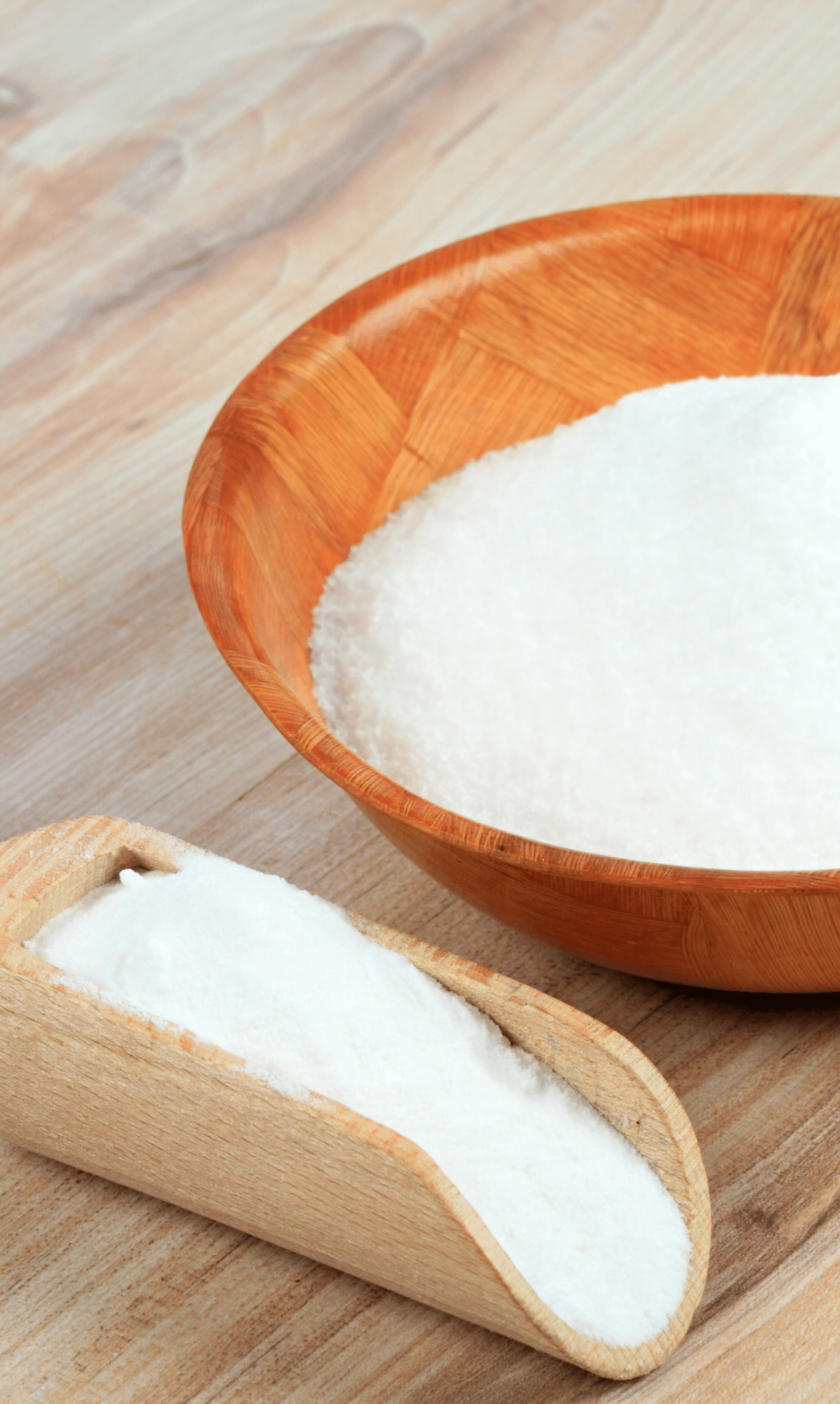Ah, the age-old dilemma: baking powder or baking soda? If you’ve ever faced this question while baking, you’re not alone. Many people are unsure of the difference between baking powder and baking soda and which one they should use for their recipe. In this article, we’ll explore the difference between baking powder and baking soda, their uses in baking, and when to use each one. Finally, we’ll look at some alternatives to these two staples of the baking world. So, if you want to learn the ins and outs of baking powder and baking soda, let’s get started!
What is the Difference Between Baking Powder and Baking Soda?
The two main ingredients that you need to know about when it comes to baking are baking powder and baking soda. Though they are often used interchangeably, they actually have quite different roles in baking. Baking soda is a chemical leavener that is activated by an acid, while baking powder is a combination of baking soda and an acid. Baking soda will provide the leavening power in recipes without the need for an additional acid. On the other hand, baking powder includes an acid and will provide some leavening power even without the presence of an additional acidic ingredient. As a result, baking powder is stronger and more effective in recipes than baking soda. Therefore, when it comes to choosing between the two, make sure you understand the differences and select the right one for the recipe.
What’s in it?
When it comes to chemical composition, baking powder and baking soda are quite different. Baking powder is made from a combination of baking soda, cream of tartar, and a few other ingredients. Baking soda, on the other hand, is made from sodium bicarbonate. Baking powder is doubly active, meaning that it reacts twice when heated – once when it is exposed to moisture, and a second time when it is exposed to heat. Baking soda, as we mentioned, is made from sodium bicarbonate. When it is exposed to an acid, it creates carbon dioxide and is activated. This makes it an excellent leavening agent in baking.
Uses in baking
Baking powder and baking soda are both essential ingredients for many baking recipes, but understanding the difference between them can make all the difference in the quality of your finished product. Baking powder is a combination of baking soda, an acid and a starch, which reacts when combined with liquid and heat. It’s used to add rise and lightness to baked goods like cakes, muffins and quick breads. Baking soda, on the other hand, is composed of just sodium bicarbonate, a natural mineral. It is used primarily for cookies and other recipes that require a little extra rise, but not a lot of lightness. Using the wrong one could result in a dense, unappealing finished product. By being aware of the differences between baking powder and baking soda, you can ensure that you make the right choice for the best outcome.
When to Use Baking Powder
When it comes to baking, you need to make sure you have the right ingredients for the job. That’s why it’s important to understand when to use baking powder and when to use baking soda. Baking powder is best when the recipe calls for a light, fluffy texture and a slight rise. It’s used to leaven cakes and quick breads like muffins, pancakes, and waffles. Baking powder contains baking soda, so it provides the same leavening effect as baking soda, but with an extra lift.
Top 3 Baking Powders on the Market
When to Use Baking Soda
When it comes to baking, it’s important to make sure you have the right ingredients in the right amounts. Baked goods don’t always turn out well when the ingredients are substituted in the wrong ratio. That’s why it’s important to know when to use baking soda instead of baking powder. Baking soda works as a leavening agent, which helps your dough rise to create light, fluffy baked goods. It’s also a great way to reduce the amount of acidity in your recipes, making them more neutral in pH. Baking soda is ideal for batters that need an extra boost of lift. Try using it in pancakes, waffles, muffins, and other similar recipes.
Top 3 Baking Sodas on the Market
Which one should I use for my recipe?
If you’re struggling to decide between baking powder and baking soda for a recipe, here’s what you should know: baking powder is a combination of baking soda and an acid, such as cream of tartar. It’s a dry, leavening agent that causes baked goods to rise and become light and fluffy. Baking soda, on the other hand, is just sodium bicarbonate, which is a pure alkaline powder. It’s used to neutralize the acidity in dough and mixes, and it can also be used as a mild cleaner and deodorizer. So, which one should you use? It really depends on the recipe. If a recipe calls for both baking powder and baking soda, you’ll want to use both. If a recipe calls for just one, then you’ll want to use the one specified. If the recipe doesn’t specify, then you can use either one and still achieve a tasty, fluffy baked good.
Alternatives to Baking Powder and Baking Soda
If you find yourself in a pinch and don’t have either baking powder or baking soda on hand, there are still other options you can try. For example, if you’re wanting a leavening agent for baked goods, you can use cream of tartar, which is a byproduct of the winemaking process. Cream of tartar can be used as a substitute for baking powder in a 1:2 ratio, meaning for every teaspoon of baking powder needed, you’ll use two teaspoons of cream of tartar. Another option is yogurt, which can act as a substitute for both baking powder and baking soda in equal parts. However, since the acidity content of yogurt can vary, you may need to adjust the amount depending on the desired results.
Conclusion
In conclusion, it is clear that there is a distinct difference between baking powder and baking soda. They have different chemical compositions, are used for different purposes in baking, and require different ingredients in order to make a successful baking product. When deciding which one to use for your recipe, keep in mind the type of baking product you are trying to make and the ingredients that you have available. Baking powder and baking soda are not the only ingredients you can use to make something rise, so don’t be afraid to get creative and experiment with alternatives such as yogurt or vinegar. Whatever you decide, when it comes to baking powder vs baking soda, make sure you make the right choice for the desired outcome.










